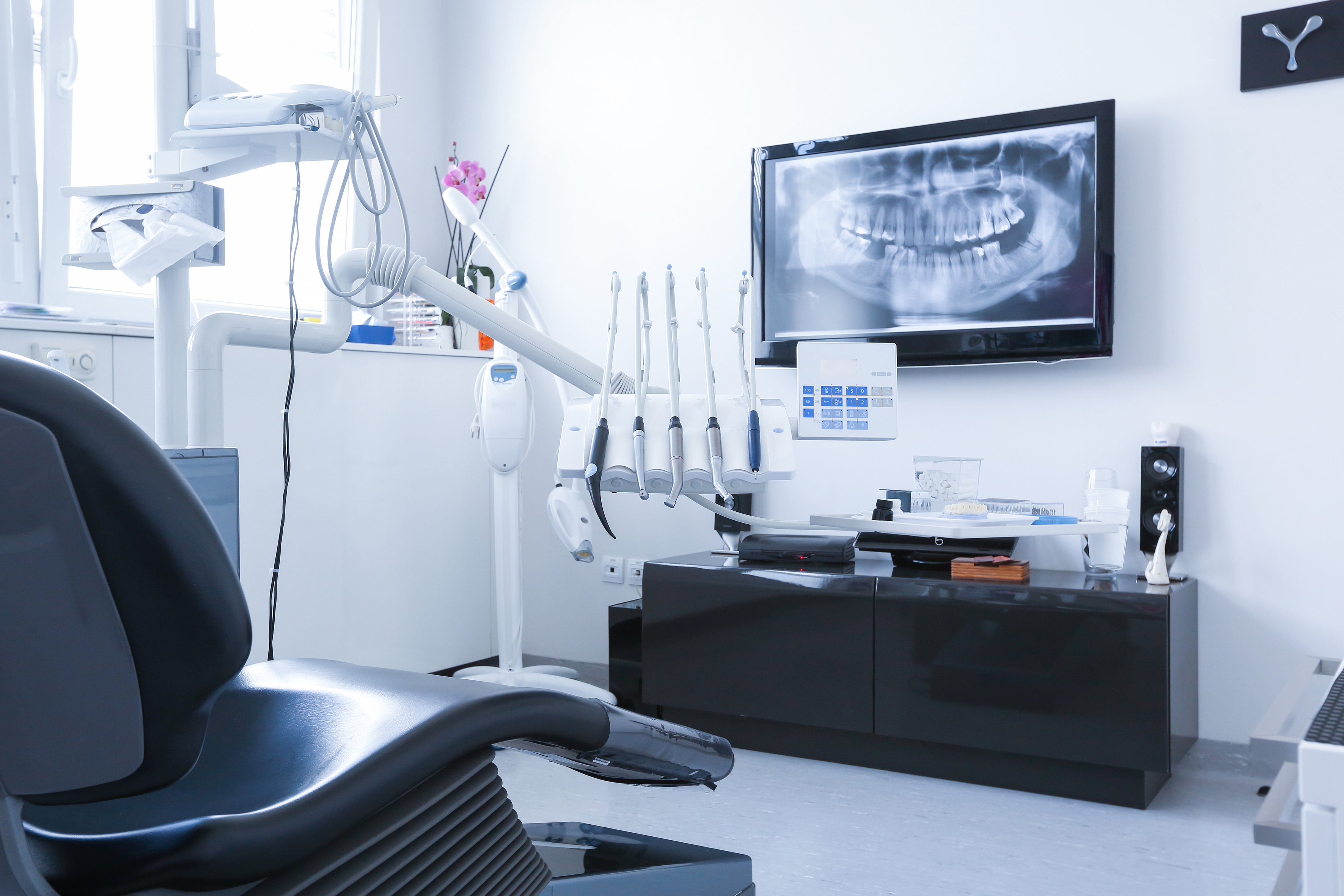
How to Raise Your Dental Practice Fees and Keep Your Patients
Dentists nationwide do not routinely increase their dental practice fees. This not only damages the long-term future of your fee schedule—by missing the annual compounding of increases— but not raising fees is an inherent resignation to a higher overhead and lower profits compared to previous years.
Annually, Henry Schein Professional Practice Transitions (Henry Schein PPT) offers localized National Dental Advisory Services (NDAS) fee reports as a rational basis for setting fees. We often look at dental practices for valuation and transition data only to find fees far below the area norm.
Not only have these low fees cost the practice revenue year after year on a compounding basis, but they also negatively impact the dental practice purchaser who wants to quickly bring fees in line with the local norms. Unfortunately, the new practice owner is handicapped in their ability to normalize the dental practice fees and may face patient reluctance by increasing fees immediately after taking over the practice.
Consistency in Dental Practice Fees
Our recommendation for effective dental practice management is to select a fee schedule that accurately reflects the quality of care provided in your practice. All fees for services, once set, should be increased at the same rate across the board. Many dentists waste time and energy trying to adjust individual procedure fees based on patient perceptions and insurance company reactions.
An increase of at least three percent (3%) each year is recommended. If that seems drastic, note that most NDAS survey respondents generally report fee increases of up to five percent (5%). If you only try to stay even with Consumer Price Indexes (CPI), currently at one percent (1%), this doesn’t reflect the specific increases in your expenses which are not tied to CPI and are most likely much higher than 1%.
Avoid Playing “Dental Practice Fee Catch-Up”
It is important to remember that dentists who do not incrementally increase their fees annually will rarely make up for the lost years of no fee increases by simply having one large increase in any given year.
Doctors should consider that their primary dental practice management goal is to operate their office at optimal capacity, while performing the type of dentistry they want to do. In addition to conservative increases of dental practice fees this year, extending more liberal credit terms to patients may be necessary in order to increase treatment acceptance and build goodwill.
As we all know, economies are cyclical. Just as they have turned down in the past, all indications are that they are now turning up again. Now is the time to comprehensively evaluate how your practice is positioned. Your dental practice budget is vital for the ongoing success and health of your business. A little time now will save stress—and dollars—over time.
Henry Schein Professional Practice Transitions, Inc. is a national leader in dental practice transitions. A subsidiary of Henry Schein, Inc. they provide expert guidance for selling and buying dental practices, dental practice fees and management, assessing partnership and associate-ship opportunities, and performing dental practice appraisals and valuations.
